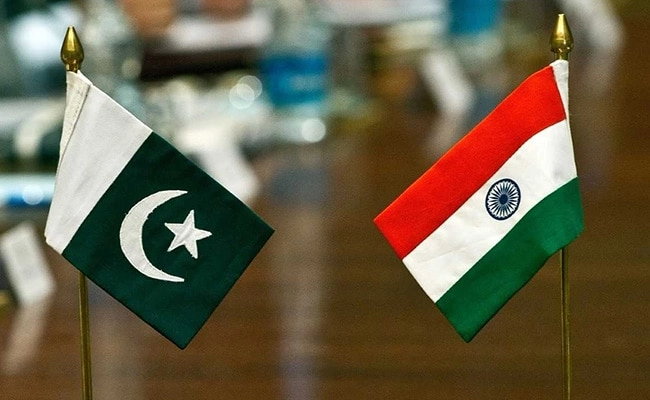The political landscape in Delhi has become increasingly contentious as the Aam Aadmi Party (AAP) and the Bharatiya Janata Party (BJP) engage in a fierce battle over allegations of vote theft during the recent elections. The AAP, which has been in power in Delhi since 2015, accused the BJP of employing underhanded tactics to manipulate the electoral outcome. This accusation has ignited a wave of controversy, with AAP leaders claiming that the integrity of the electoral process has been compromised. The party has called for a thorough investigation into these allegations, emphasizing the need for transparency and accountability in the democratic process.
The BJP, on the other hand, has vehemently denied the allegations, labeling them as unfounded and politically motivated. Party representatives assert that the AAP is attempting to divert attention from its governance failures and is using these claims as a strategy to rally its support base. The BJP’s stance is that the electoral process was conducted fairly and that the results reflect the will of the people. As both parties engage in a war of words, the debate over electoral integrity has taken center stage, with public confidence in the democratic process hanging in the balance.
The situation has further escalated with both parties mobilizing their supporters, leading to heated confrontations and protests across the city. The AAP has organized rallies to highlight what it perceives as a serious threat to democracy, while the BJP counters with its own demonstrations, aiming to showcase its electoral strength. As accusations continue to fly, the Election Commission has found itself under pressure to address these claims and ensure that all allegations are thoroughly investigated. The commission’s response will be crucial in determining whether the allegations hold any merit and how they might impact the political dynamics in Delhi moving forward.
In this charged atmosphere, the broader implications for Indian democracy are significant. Voter trust is paramount, and any perceived violations can lead to disenchantment with the electoral process. As the AAP and BJP spar over these allegations, the importance of upholding electoral integrity cannot be overstated. Ultimately, the outcome of this conflict will not only influence the political landscape in Delhi but also set a precedent for how such allegations are handled in future elections across India. The ongoing saga underscores the need for robust mechanisms to ensure fair elections and maintain public confidence in democratic institutions.




